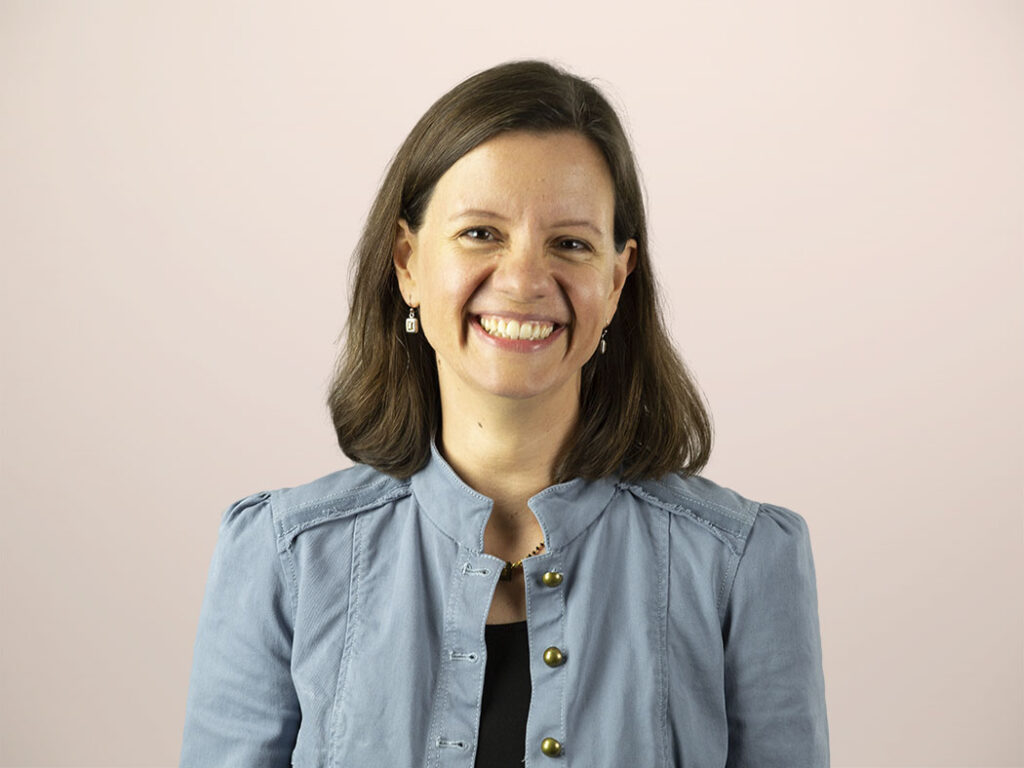Peace And Quiet In The Air? Only For A Charge!
I am writing this down now, so in one year or so I can say, "I told you so!"
Here is how you'll experience and pay for flying in the future. It has to do with the use of cell phones. In the US, the Federal Communications Commission is considering allowing cell phone use on flights. And when I traveled to Forrester's Customer Experience Forum in London just this week, my Virgin Atlantic flight already allowed us to use our mobile phones to roam the cell phone skies.
It won't be long, and we'll all be able to use our mobile devices to talk to our friends and colleagues on airplanes — much like we already do on trains.
In the wake of this, I predict that airlines will introduce quiet zones for passengers who are not interested in hearing their neighors talk on the phone about their latest breakup or job experiences. Just take a look at Singapore Airline's budget brand Scoot. Scoot just introduced quiet zones for kids (or for the passengers without them).
And — in style — airlines will charge for the advantage: by requiring a separate charge, by charging a fee for seat selection generally like Scoot, or by making the quiet zone part of a higher class, like Economy Plus.
Long live customer experience — just not in the air?
If you are a customer experience professional, watch out. Pricing matters to how customers perceive their experiences. Maybe a large number of your valuable customers would appreciate that change and be happy to even pay for it. But you have to make sure to use your voice of customer program to validate that. And make sure your company makes these kinds of decisions after getting your input on the effect on customer experience and weighing the benefits and costs.
